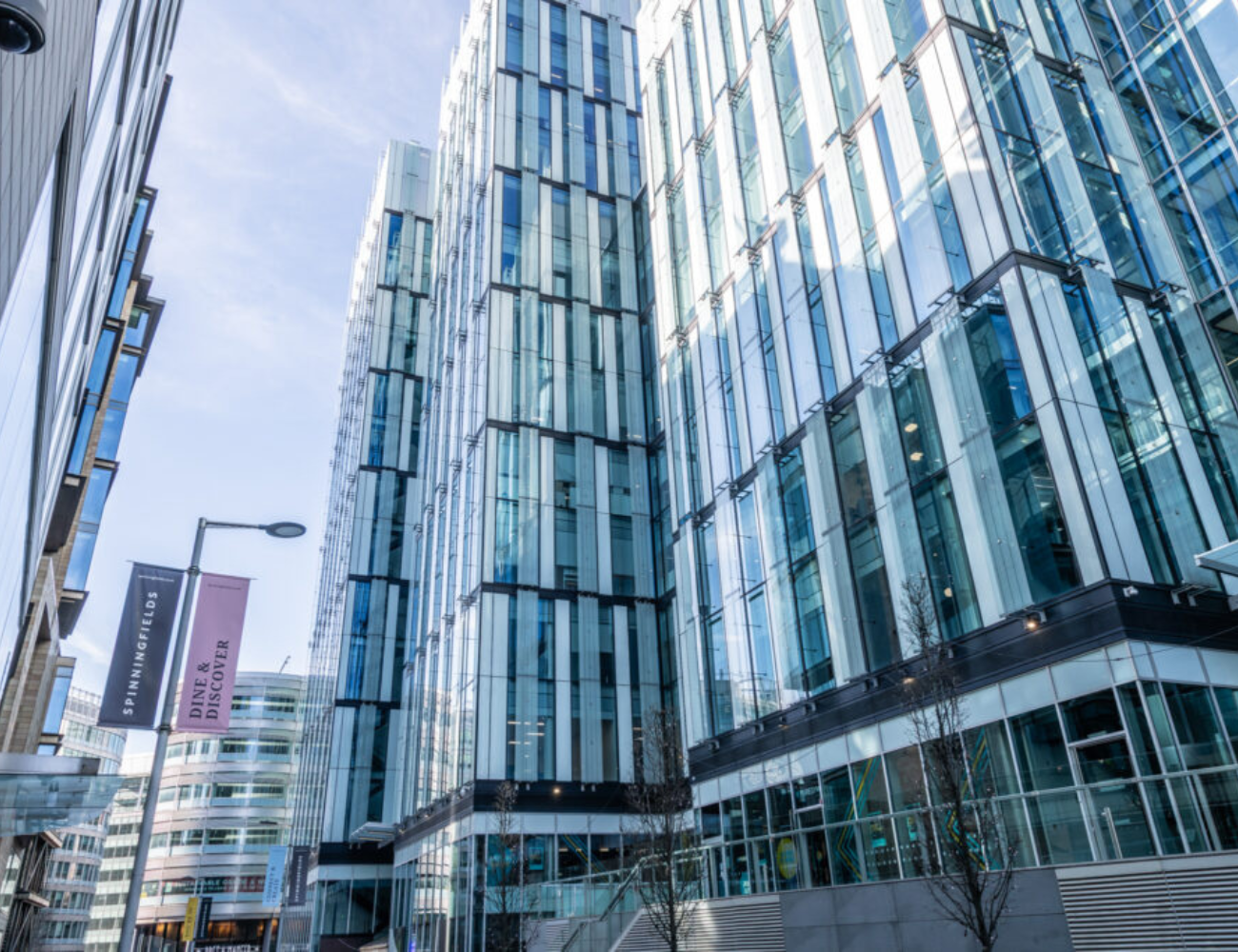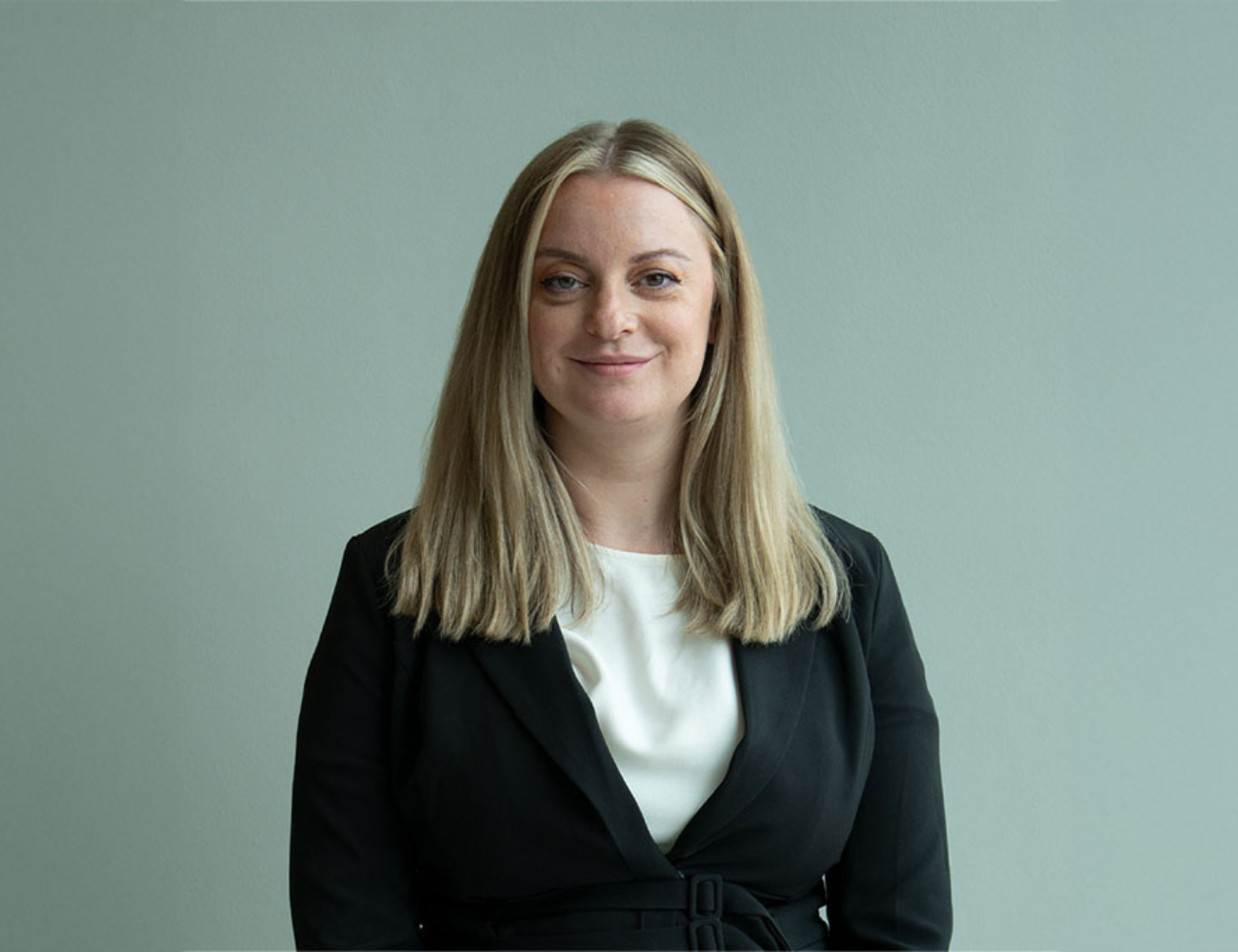
Lessons learnt so far as a trainee solicitor
Commercial Litigation is a fast-paced department which involves a variety of work, and as a trainee solicitor working on multiple matters, Hafsa Khan has developed many valuable skills. While there’s still a lot left for her to learn, she thought it would be productive for both her and future trainee solicitors to look back on what she’s mastered so far. Over to Hafsa:
Effective communication and actions
As a trainee solicitor working in litigation, I’ve learnt that with any of the work I do, my aim should be to achieve something – no work is without a purpose.
Whether that’s drafting a letter to the court, contacting counsel or responding to the defendants, I must ensure that my work and communication achieves its intended purpose.
This often means ensuring that work is compliant with the Civil Procedure Rules (CPR) and completed according to the correct timescales.
Document management
Litigation involves a variety of documents. From witness statements, correspondence between counsel and the defendants, evidence in the form of emails, letters, text messages, application notices and court orders, there is a large range of key documentation which needs to be organised, especially for exhibits and bundles.
Ensuring files are sorted out into folders and are labelled correctly with the correct date and time under the correct descriptions is vital, especially in advance preparation of potential hearings in the future.
If a team member is on leave, correct labelling and organisation can assist the wider team during peak periods when others are then working on those files.
Attention to detail
When drafting documents and sending anything to the court, counsel and any parties to the claim, it is highly important to ensure your content is accurate. This is not only to ensure compliance with the CPR, but to ensure that your work is achieving its intended purpose, without confusing anyone.
When doing bundles which involve previous exhibits, cross-referencing to the correct pages is integral to ensure the judges and counsel can follow the bundle easily in a hearing.
When corresponding with the courts and counsel, technical language and legal terminology will be used, but clients would struggle with complex terms. Therefore, simpler and clear language is necessary to avoid confusion for them.
Ultimately, the skills I’ve learned and developed through my experience so far in litigation such as communication, document management and attention to detail, will undoubtedly support my development as a trainee solicitor.
These foundational skills have shaped the way I work at Glaisyers ETL and I’m looking forward to learning more and building on these skills. I’m excited by the prospect of learning from each seat, consequently deepening my understanding of different practice areas.
A day in the life of a trainee at Glaisyers ETL
As a trainee in the Employment team at Glaisyers ETL, each day brings new challenges and opportuniti
#IWD2025: Celebrating Women in Law
In celebration of International Women’s Day, we’re highlighting the voice of an inspiring woman




